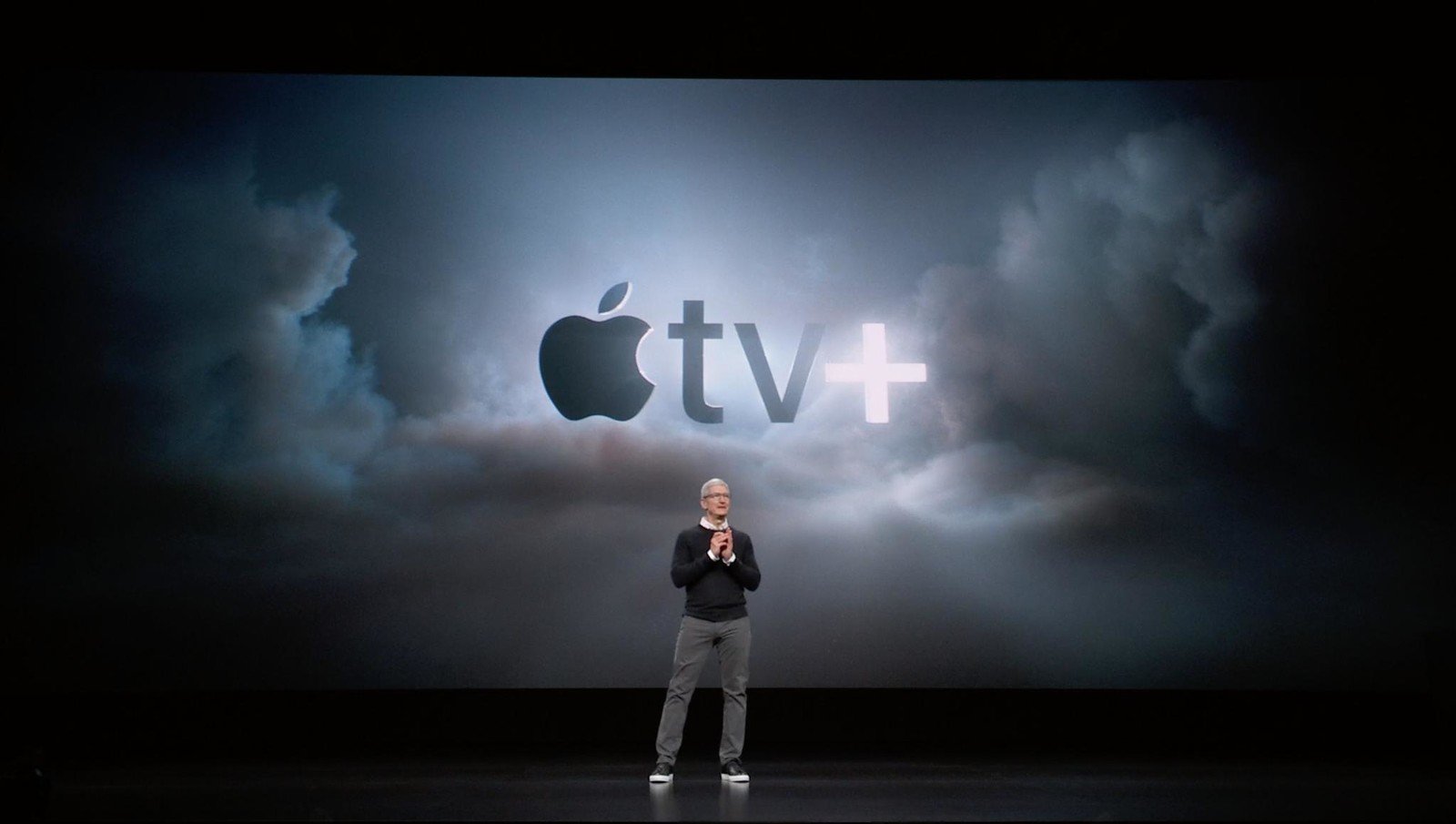Businessweek explains how Apple tried to 'buy its way into Hollywood'

iMore offers spot-on advice and guidance from our team of experts, with decades of Apple device experience to lean on. Learn more with iMore!
You are now subscribed
Your newsletter sign-up was successful
What you need to know
- A new report details how Apple tried to "buy its way into Hollywood."
- Apple upset A-list stars because they weren't involved in the Apple TV+ unveiling.
- The company offered almost unlimited budgets initially.
Apple TV+ finally goes live next week after years of rumors on the outside and hard work on the inside. A new report by Bloomberg Businessweek looks into how Apple set about entering the world of Hollywood. And where it struggled to fit in.
Much of what is covered in the piece is information that has already been made available in recent weeks and months, but a refresher never hurts. There are also some nuggets of new information in here, too. Including the fact that Apple upset some of its A-list stars because they weren't involved when Apple TV+ was initially unveilled. Apple TV+ execs Zack Van Amburg and Jamie Erlicht were left to pick up the pieces.
After the presentation, agents and managers began peppering Van Amburg and Erlicht, who run the company's TV efforts, with complaints. Only a handful of the celebrities who'd flown to the Bay Area for the event had been asked to appear; other big names who'd come, including Jennifer Garner and Chris Evans, hadn't even been mentioned. The general feeling among the Hollywood types, according to several executives who attended, was one of resentment and confusion.Van Amburg and Erlicht hadn't said how much the service would cost. Nor had they shown much footage from any of the new shows. They hadn't mentioned whether Apple TV+ would include reruns of other popular shows, in addition to original series. Why, the Hollywood delegation wondered, would anybody pay for a service that had so few programs?
In its attempt to get Apple TV+ off the ground, Apple put some of its billions of dollars to good use. As the report goes, the company offered stars almost unlimited budgets to get shows off the ground. Including huge deals for the likes of Jennifer Aniston and Reese Witherspoon.
Van Amburg and Erlicht met with Aniston and Witherspoon, who were pitching a new idea for a drama. Although they were meeting with a half-dozen networks, including HBO, Showtime, and Netflix, Apple had something unique to offer: an almost unlimited bankroll.Van Amburg and Erlicht promised to make two seasons of Aniston and Witherspoon's show without shooting a pilot episode first, and they offered more than $250 million, including more than $1 million per episode for each actress, according to people familiar with the terms. This was unprecedented. At the time, the biggest TV stars earned about $500,000 each per episode. "Reese and I are so proud to be part of this exciting launch with Apple," Aniston said at the March event.
In order to make sure everything was as secretive as Apple likes these things to be, TV execs started to use codenames for shows while those working on them were forced to sign nondisclosure agreements before they could see anything relating to their own shows. Things like that, the report notes, aren't the norm in Hollywood.
Despite these trials and tribulations Apple TV+ kicks off on November 1 across more than 100 countries. It'll cost $4.99 per month although anyone buying a new iPhone, iPad, Mac, Apple TV, or iPod touch will receive access for a year absolutely free.
iMore offers spot-on advice and guidance from our team of experts, with decades of Apple device experience to lean on. Learn more with iMore!

Oliver Haslam has written about Apple and the wider technology business for more than a decade with bylines on How-To Geek, PC Mag, iDownloadBlog, and many more. He has also been published in print for Macworld, including cover stories. At iMore, Oliver is involved in daily news coverage and, not being short of opinions, has been known to 'explain' those thoughts in more detail, too.
Having grown up using PCs and spending far too much money on graphics card and flashy RAM, Oliver switched to the Mac with a G5 iMac and hasn't looked back. Since then he's seen the growth of the smartphone world, backed by iPhone, and new product categories come and go. Current expertise includes iOS, macOS, streaming services, and pretty much anything that has a battery or plugs into a wall. Oliver also covers mobile gaming for iMore, with Apple Arcade a particular focus. He's been gaming since the Atari 2600 days and still struggles to comprehend the fact he can play console quality titles on his pocket computer.
